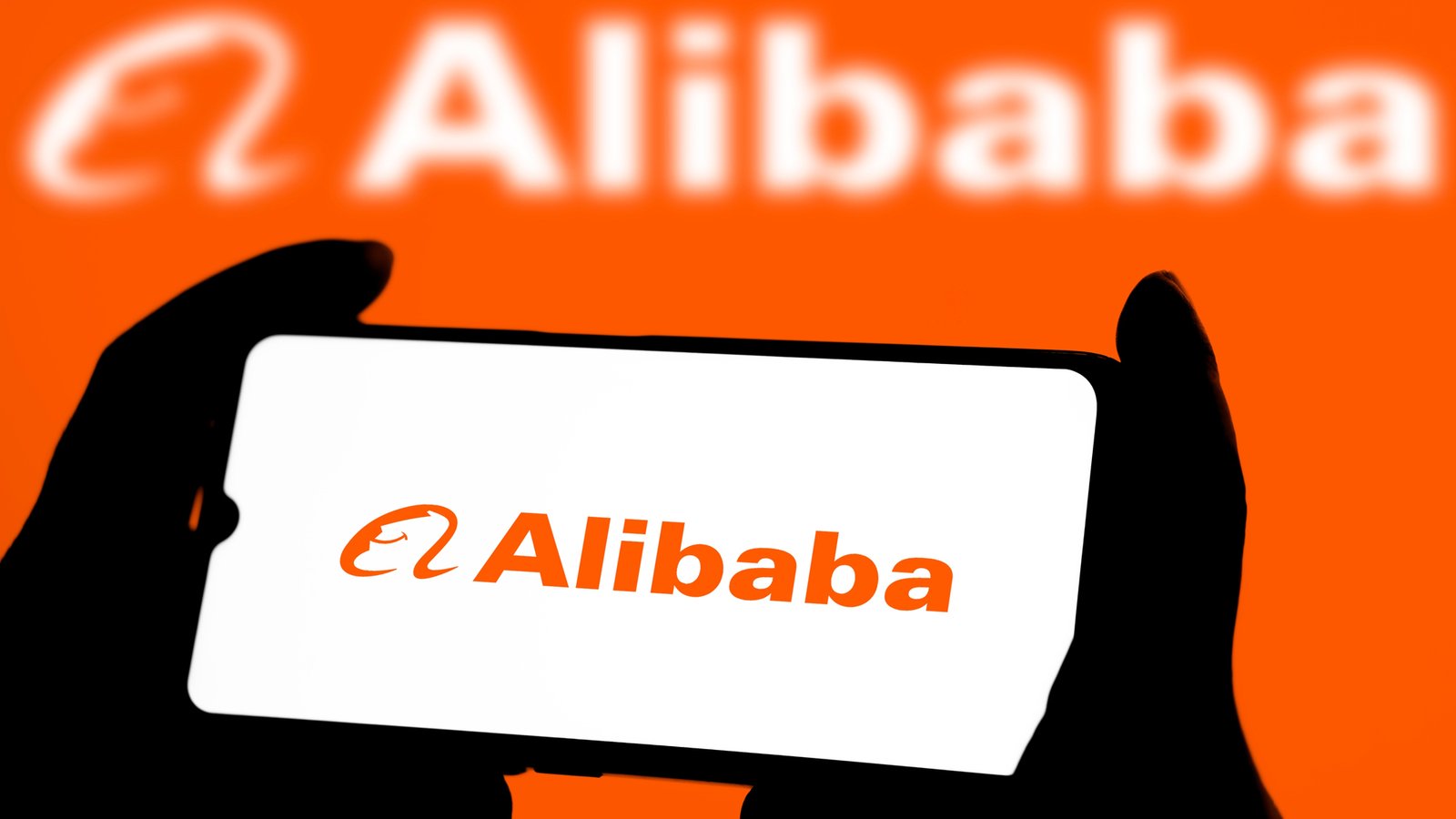
The field of artificial intelligence is experiencing a paradigm shift, with Alibaba’s Qwen Team at the forefront of this evolution. The recent release of QwQ-32B, a 32-billion-parameter open-source large language model, marks a significant milestone in the pursuit of efficient and powerful AI. This model, designed to excel in complex reasoning tasks through reinforcement learning (RL), is poised to disrupt the industry by offering performance comparable to much larger models with significantly reduced computational demands.
QwQ-32B boasts several key feature advantages. Its multi-stage RL training approach enables it to achieve remarkable performance in mathematical reasoning, coding proficiency, and general problem-solving. The extended context length of 131,000 tokens allows for better handling of long-sequence inputs, enhancing its ability to understand and process complex information. Crucially, the model’s efficiency is a standout feature. It requires significantly less vRAM compared to models like DeepSeek-R1, making it accessible to a wider range of users and organizations. Furthermore, its agentic capabilities allow for dynamic adjustments in reasoning processes, adapting to environmental feedback and improving overall accuracy.
In the competitive landscape, QwQ-32B directly challenges models like DeepSeek-R1, OpenAI’s GPT series, and Google’s Gemini. However, Alibaba’s strategic decision to open-source the model sets it apart. While competitors often rely on proprietary solutions, Alibaba’s open-source approach fosters collaboration, accelerates development, and democratizes access to advanced AI. This strategy allows for rapid community-driven improvements and enables enterprises to customize the model for specific needs without proprietary restrictions. Additionally, releasing QwQ-32B under an Apache 2.0 license encourages wider adoption and strengthens Alibaba’s position as a leader in the open-source AI ecosystem. The ability to achieve top tier performance with smaller compute requirements is a huge advantage.
In conclusion, QwQ-32B represents a significant advancement in open-source AI. Its efficiency, performance, and open-source availability make it a compelling alternative to larger, proprietary models. By leveraging reinforcement learning and fostering a collaborative development environment, Alibaba is redefining the future of AI, demonstrating that intelligent training can surpass the limitations of sheer size.

